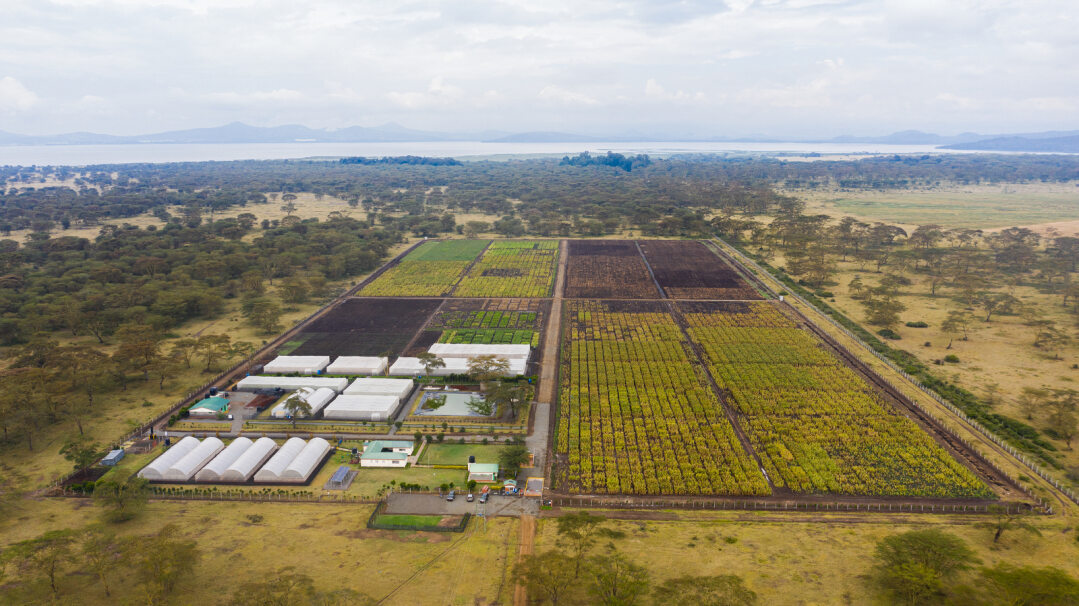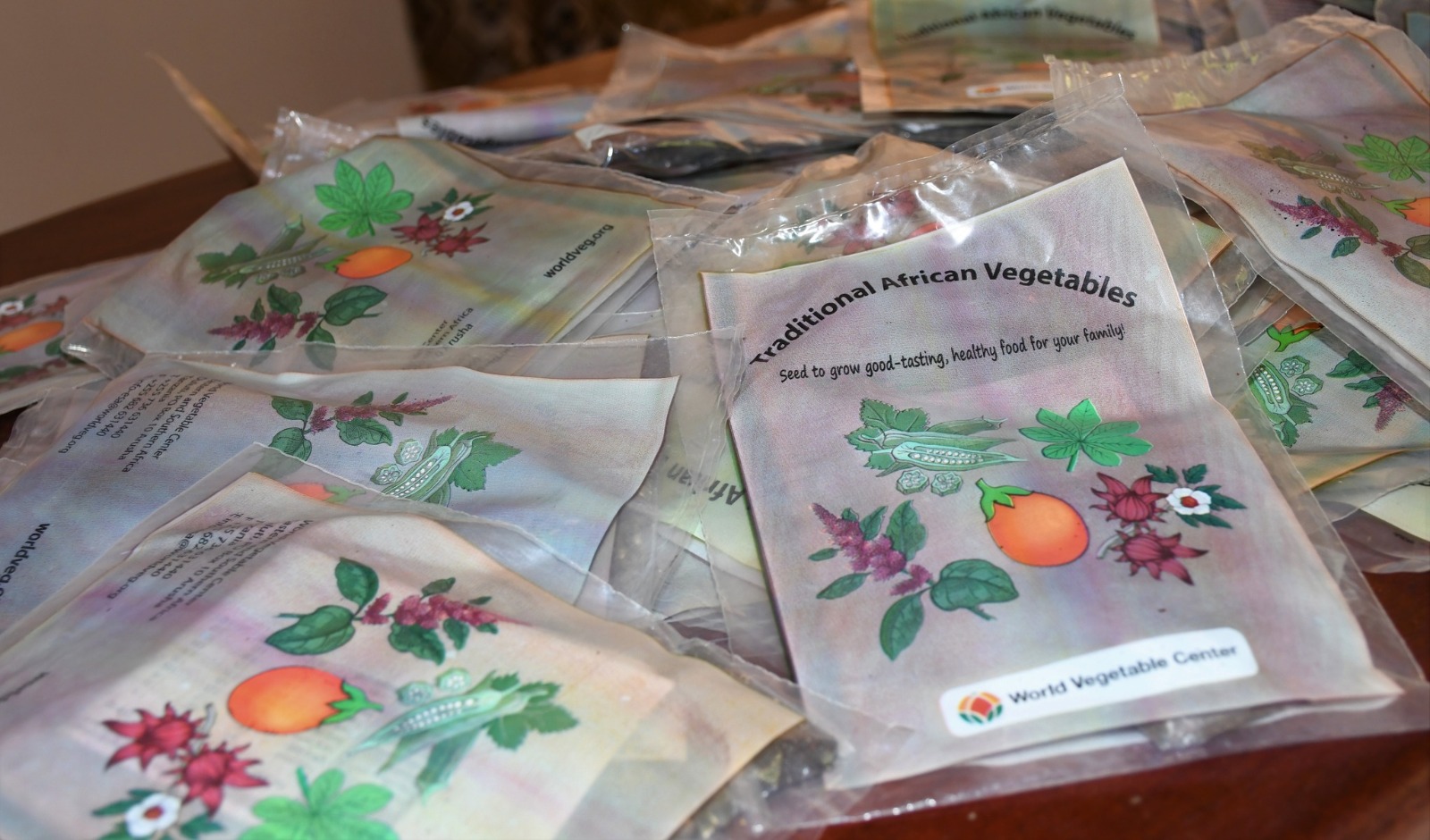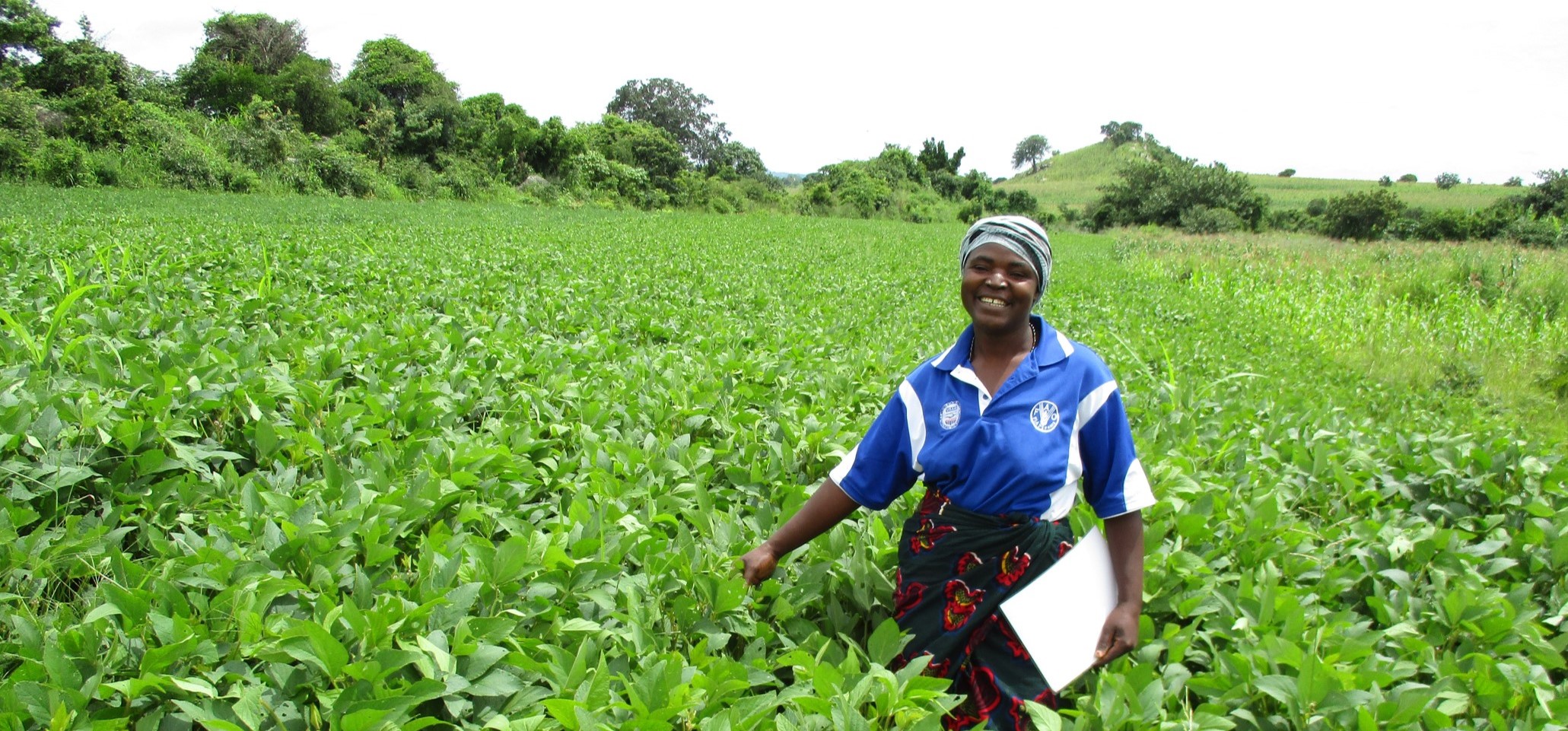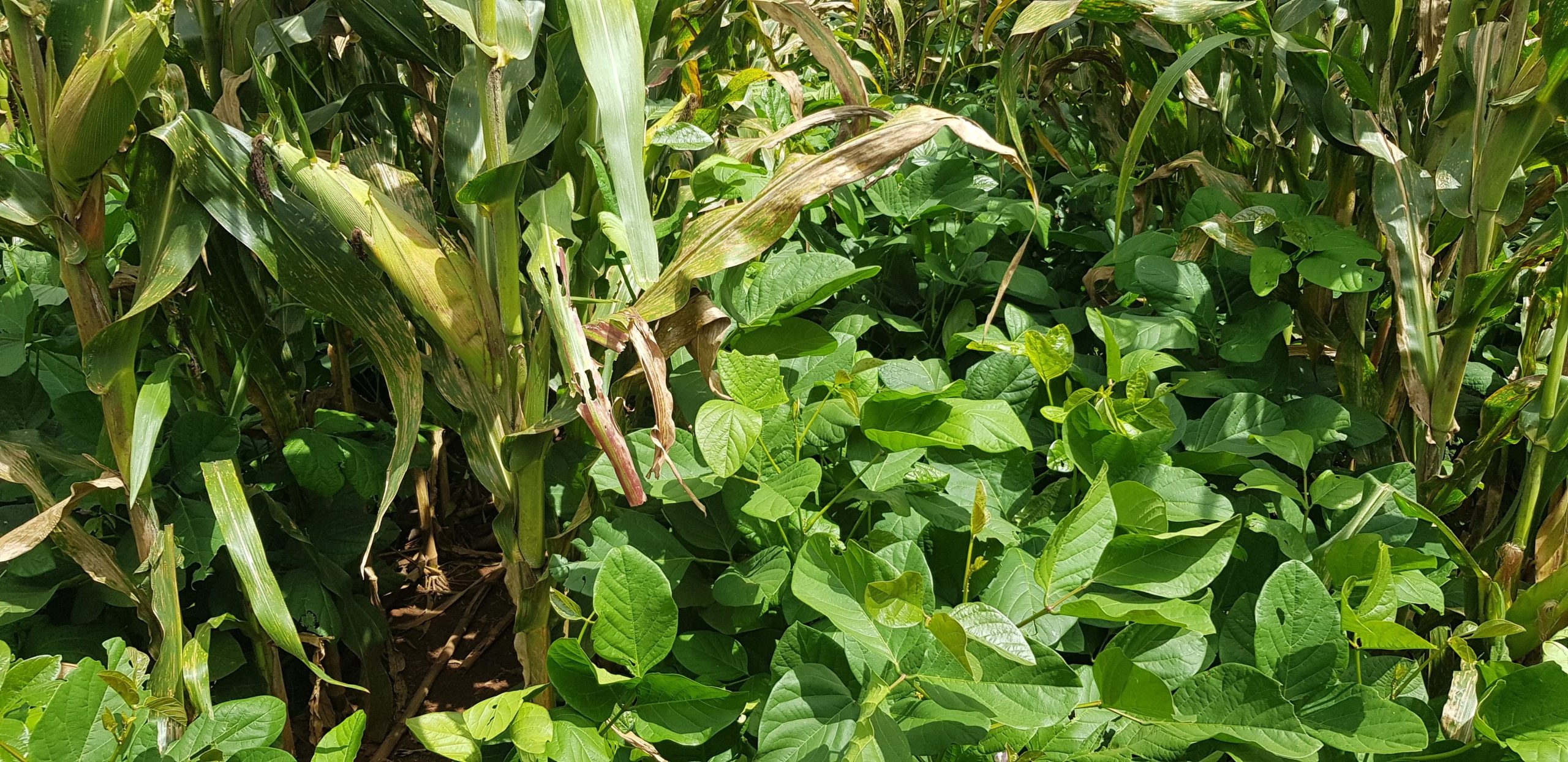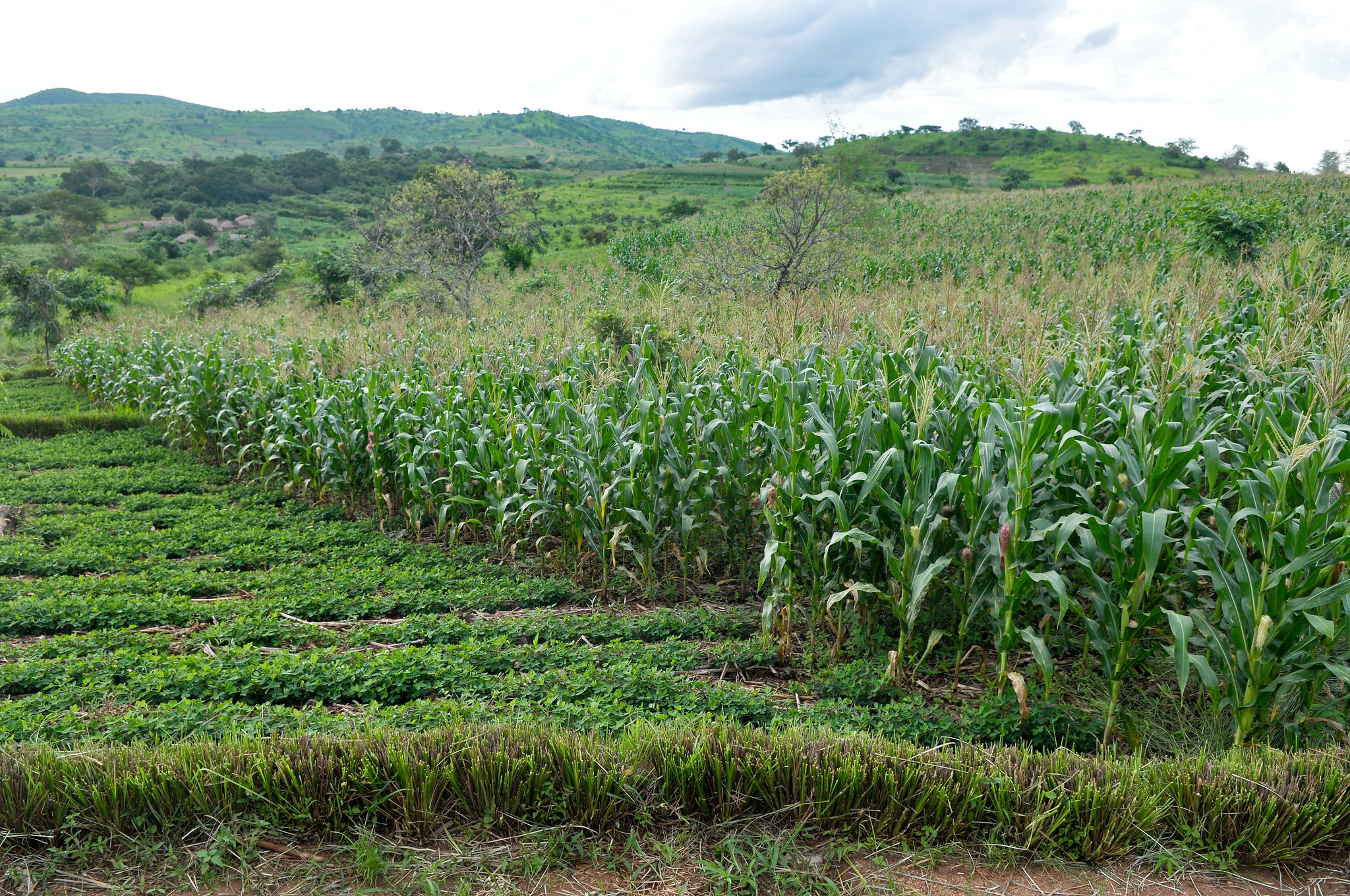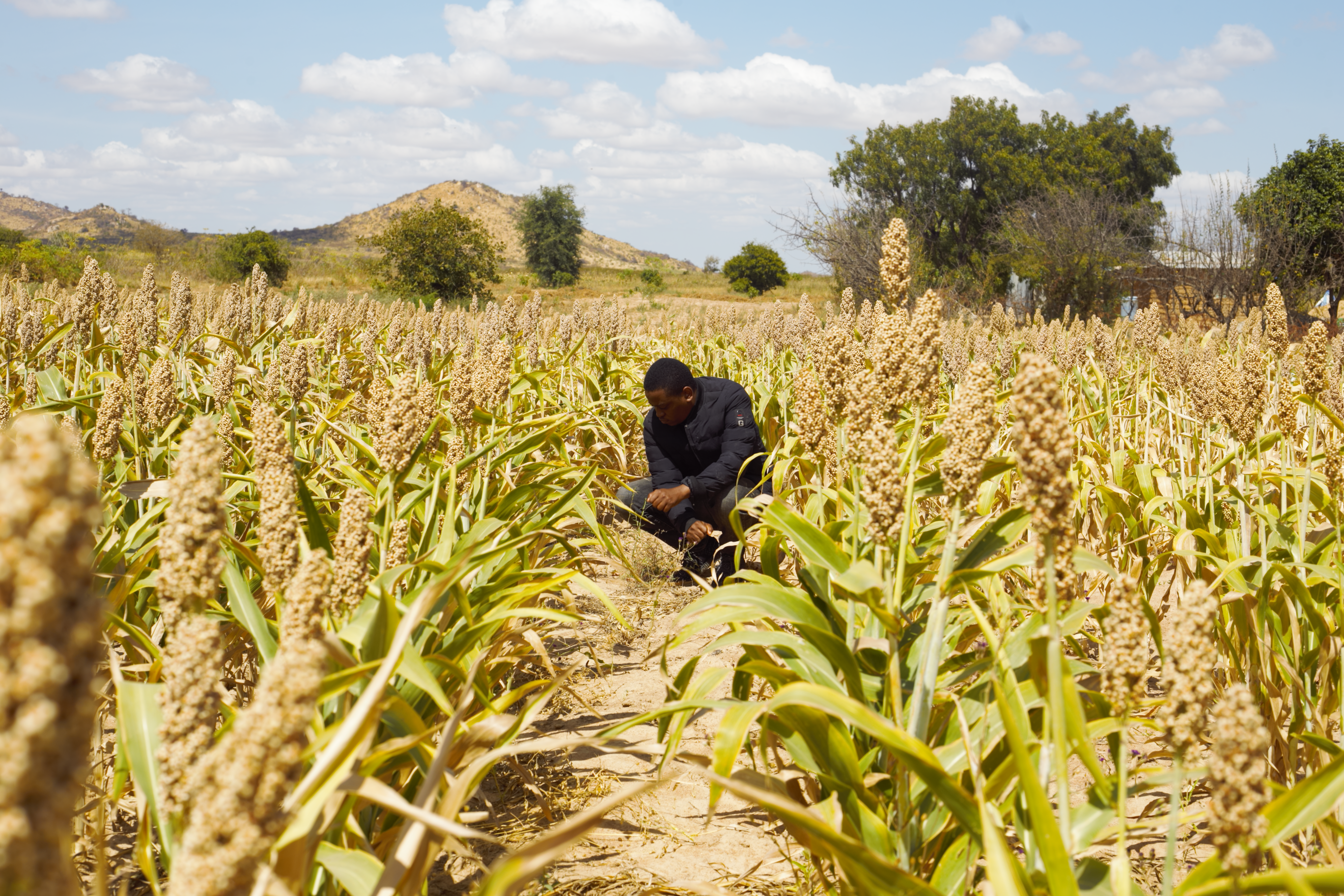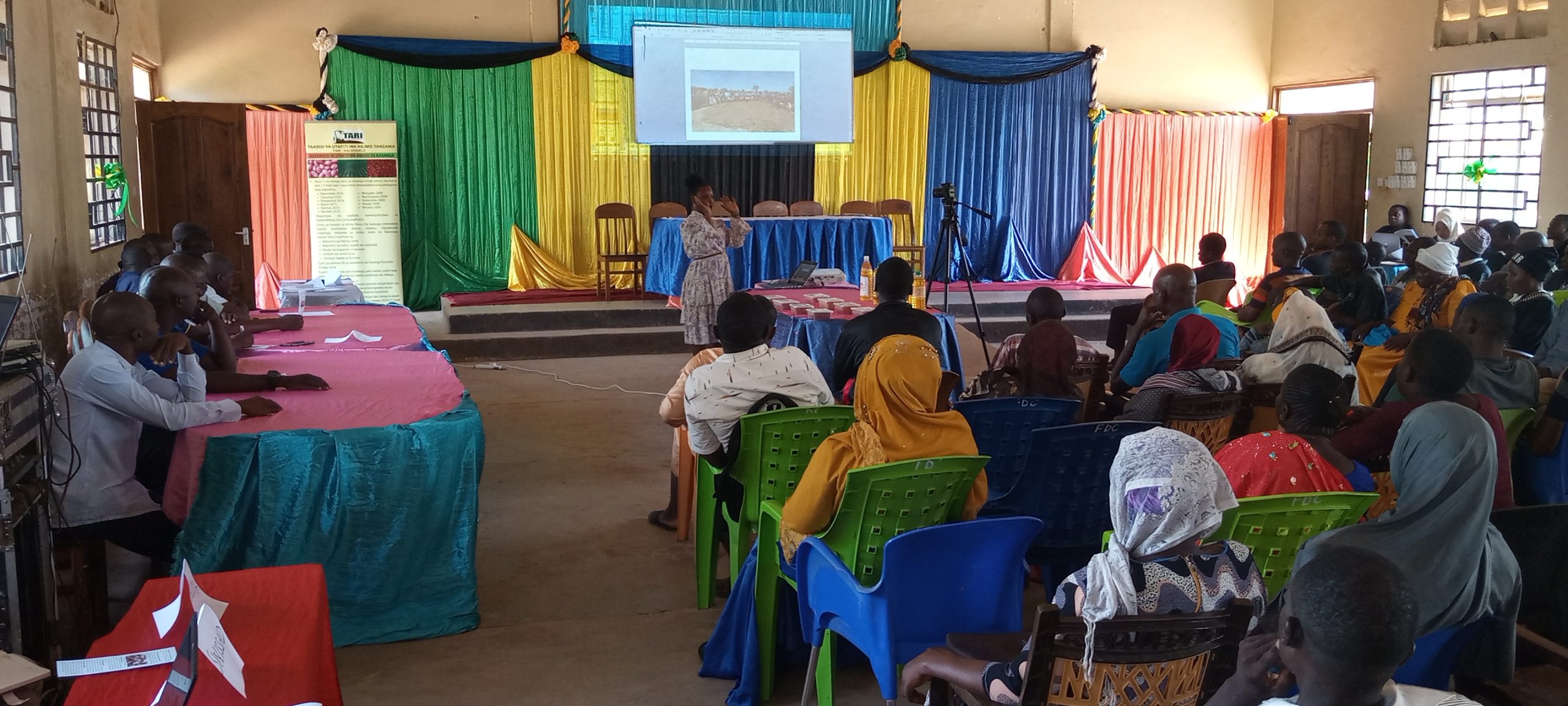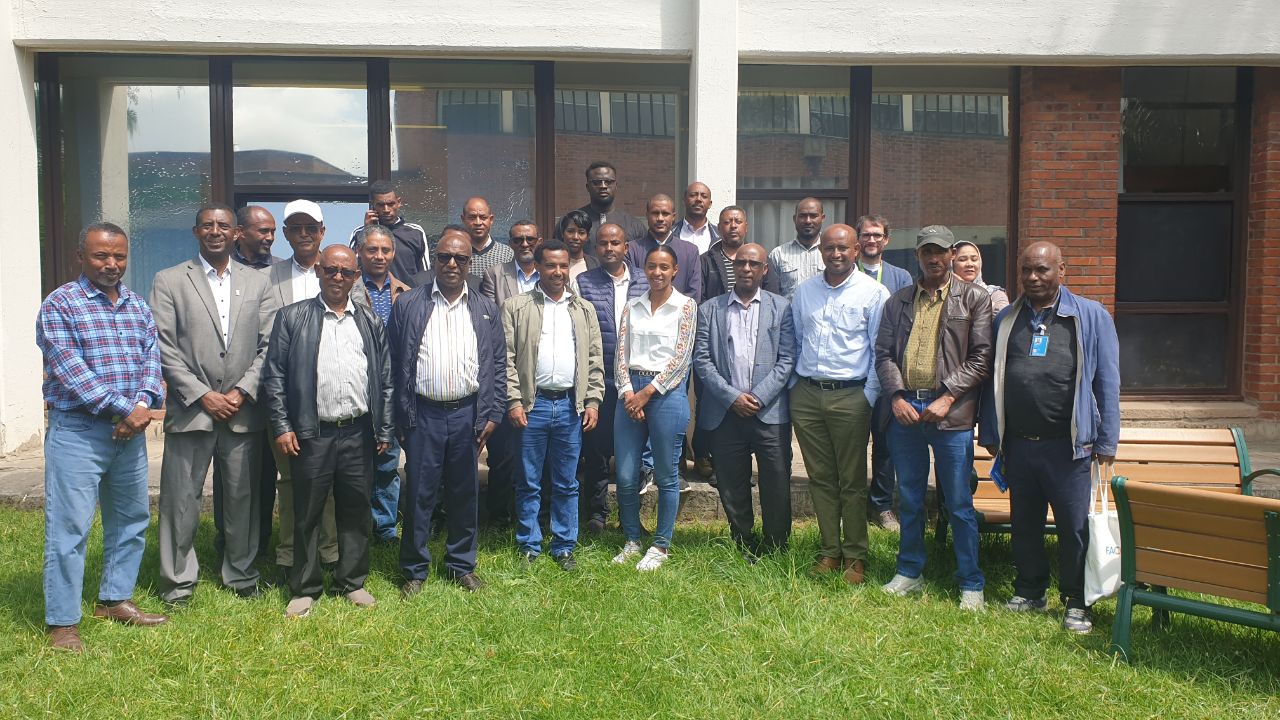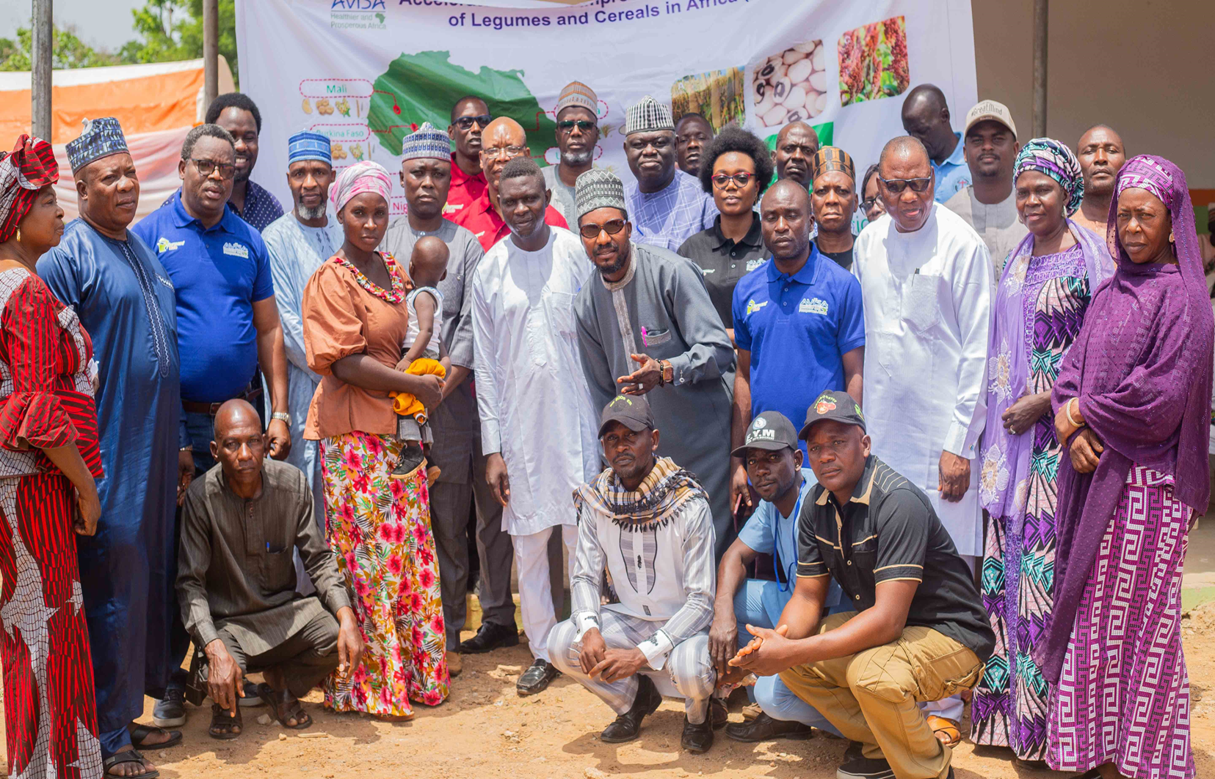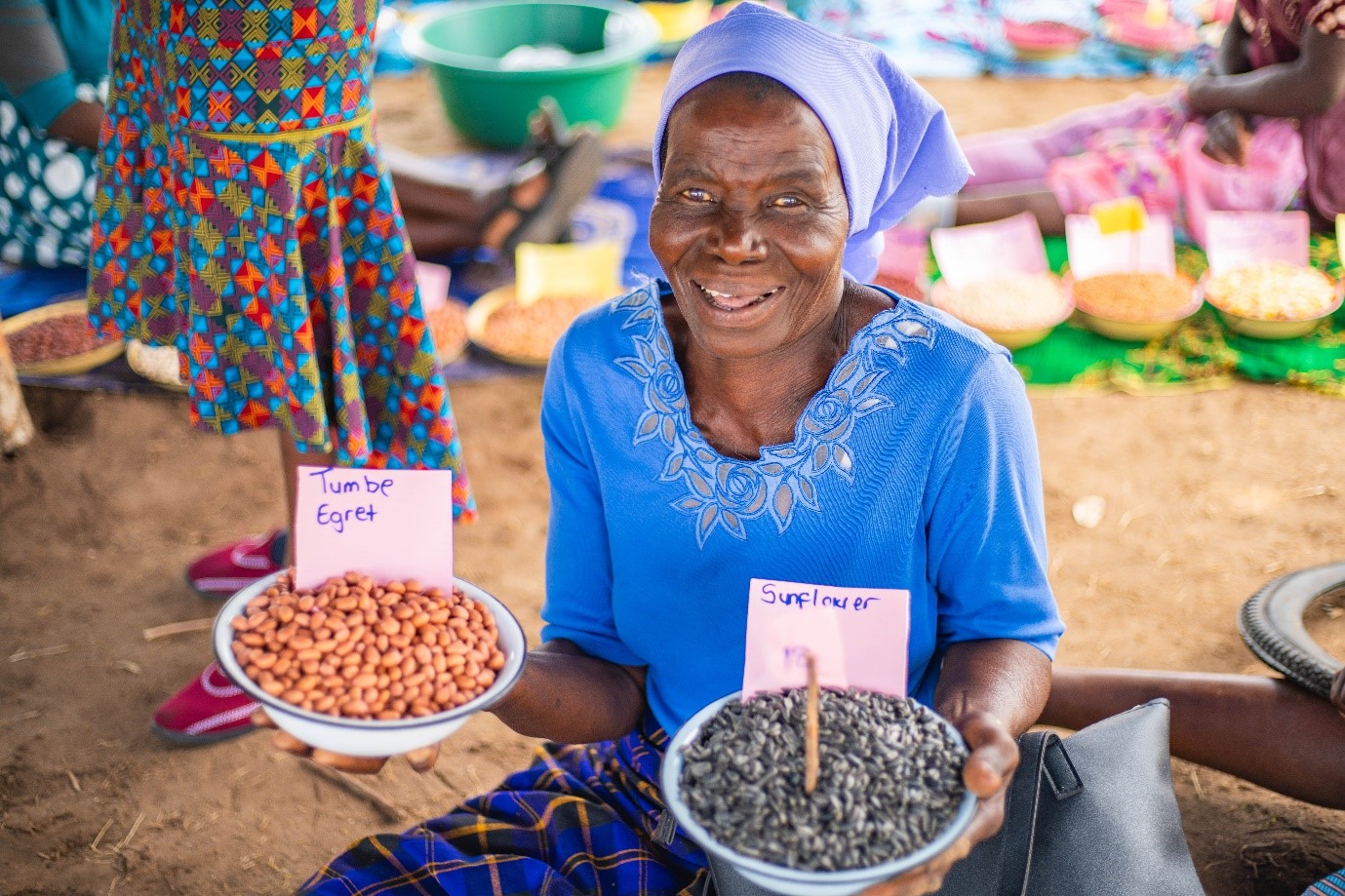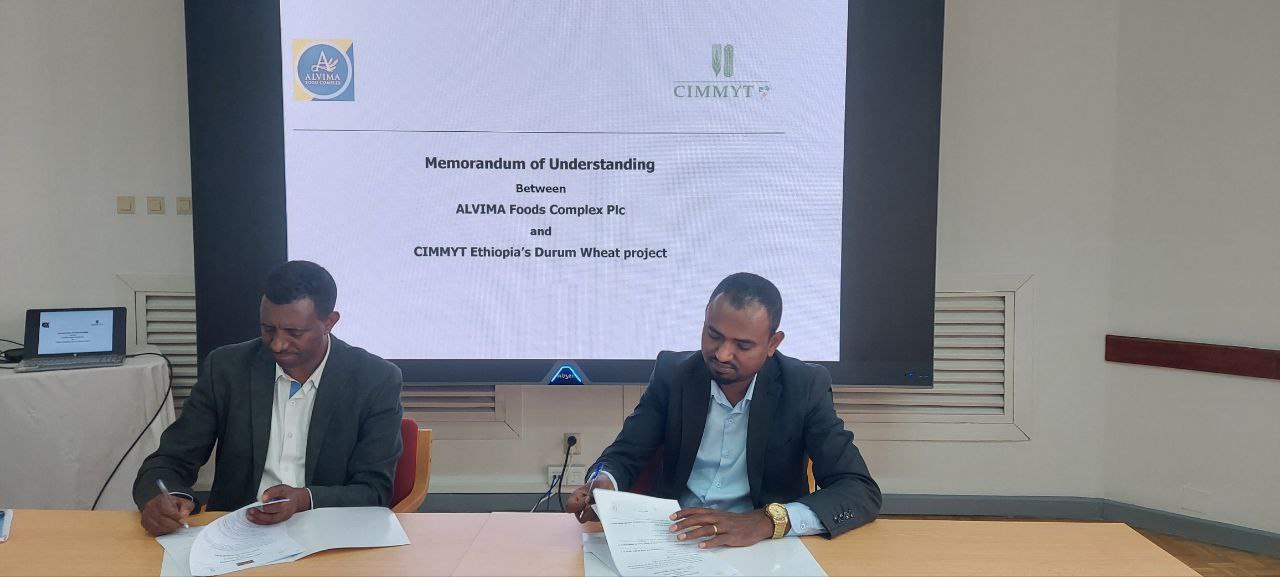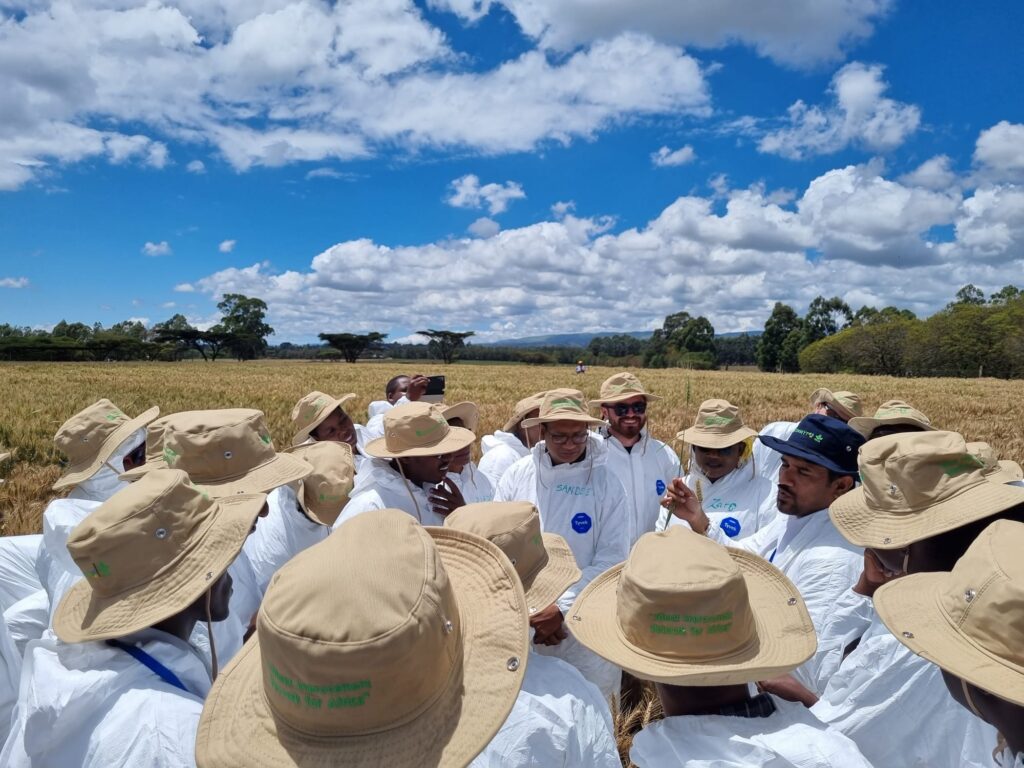Africa
CIMMYT’s work in Africa helps farmers access new maize and wheat systems-based technologies, information and markets, raising incomes and enhancing crop resilience to drought and climate change. CIMMYT sets priorities in consultation with ministries of agriculture, seed companies, farming communities and other stakeholders in the maize and wheat value chains. Our activities in Africa are wide ranging and include: breeding maize for drought tolerance and low-fertility soils, and for resistance to insect pests, foliar diseases and parasitic weeds; sustainably intensifying production in maize- and wheat-based systems; and investigating opportunities to reduce micronutrient and protein malnutrition among women and young children.
Ten years later: CIMMYT facilities in East Africa continue to make a difference
 Climate adaptation and mitigation
Climate adaptation and mitigation
A decade of maize impact, celebrating 10 years of success with CIMMYT’s maize DH and MLN screening facilities.
Scaling up health diet seed kits in Zanzibar
 Capacity development
Capacity development
Health diet seed kits are enhancing food and nutrition security in Zanzibar.
CGIAR Initiative on Diversification in East and Southern Africa
 Gender equality, youth and social inclusion
Gender equality, youth and social inclusion
LIPS-Zimbabwe empowers farmers through innovative intercropping trials
 Climate adaptation and mitigation
Climate adaptation and mitigation
LIPS-Zimbabwe has been at the frontline of introducing innovations to farmers in Mutoko and Buhera by integrating intercropping trials.
EU-funded project refurbishes Gwanda veterinary lab, boosting livestock disease control
 Capacity development
Capacity development
Source: The Free Library (22 Nov 2023)
The LIPS-ZIM program to enhance livestock productivity and control diseases affecting smallholder farmers.
Resilience Building through agroecological intensification in Zimbabwe (RAIZ)
 Climate adaptation and mitigation
Climate adaptation and mitigation
Response of African sorghum genotypes for drought tolerance under variable environments
 Capacity development
Capacity development
Scientists revealed a vast diversity in the genetic resources of sorghum and provided a pathway for selecting promising genotypes for regions prone to drought in sub-Saharan Africa.
Boosting groundnut value chains
 Innovations
Innovations
A stakeholder meeting held with the aim of establishing a platform for dialogue among stakeholders involved in groundnut production and distribution laid the foundation for the development of groundnut farming in Tanzania.
In Ethiopia, workshop brings together stakeholders on climate risk analysis outputs
 Climate adaptation and mitigation
Climate adaptation and mitigation
Stakeholders commend climate risk adaptation plans for Ethiopian value chains, including maize and wheat.
Farmers’ Hub launched in Nigeria to boost food security and agricultural development
 Capacity development
Capacity development
AVISA Farmers’ Hub initiative aims to empower local farmers, enhancing food security and agricultural development in North Central Nigeria.
Scientist emphasizes digital agro-advisories utilization
 Capacity development
Capacity development
Source: The Horn (14 Nov 2023)
CIMMYT scientist, Kindie Tesfaye highlights the role of user-centric climate information services and advisories in empowering farmers.
CIMMYT Ethiopia signs MoU with key private food processor to bolster durum wheat market
 Capacity development
Capacity development
CIMMYT Ethiopia aiming to reinvigorate durum wheat production in the country to address market challenges faced by farmers.
